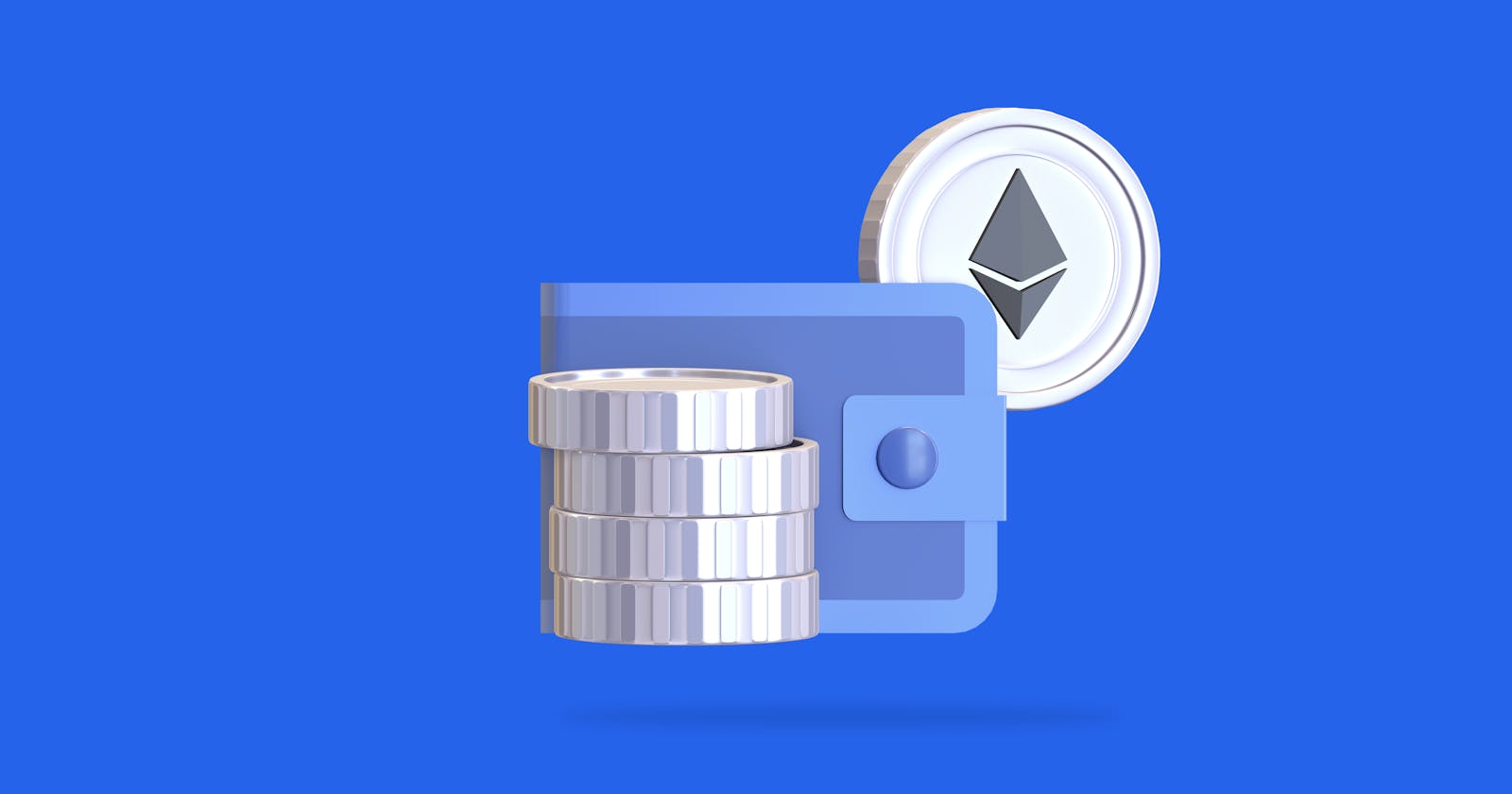So, you've decided to join the ranks of cryptocurrency buyers and HODLers?
Welcome to the party!
But first, you'll need to set up a wallet to secure your newly acquired assets.
A cryptocurrency wallet provides an easy way to access and safeguard crypto assets. Also, wallets let users interact with decentralized applications, such as non-fungible token (NFT) marketplaces, decentralized finance (DeFi) protocols, and decentralized social networks.
However, not all crypto wallets are the same.
There are wallets connected to the internet (hot wallets) and wallets operating offline (cold wallets).
Hot wallets grant round-the-clock access to stored assets, so your crypto is available for use anytime.
You can send and receive crypto from your hot wallets and buy goods online—all from the same wallet.
Hot wallets are a great tool for new cryptocurrency investors, and this article covers the 10 best crypto hot wallets for beginners. Before that, we'll look at how wallets function and what benefits each type one offers.
What is a Crypto Wallet?
A crypto wallet is a tool you use to transfer and receive assets on the blockchain. Think of your wallet as your bank account in the blockchain ecosystem.
Cryptocurrency wallets aren't like your regular wallet that holds dollar bills, payment cards, and other monetary assets. Your wallet doesn’t actually hold your cryptocurrencies and other digital assets you may own.
Digital currencies like Bitcoin, Ether, and Ripple exist solely on the blockchain. Your wallet only stores your public and private keys, without which you cannot access your crypto.
Public and private keys are generated through asymmetric cryptography when you create a wallet. Your public address is an identifier linked to each user on the blockchain.
If a person needs to send crypto, they must use the recipient's public address. Using our earlier analogy, the public address is your bank account number—and you can share this with anyone.
Your private key is used to "sign" transactions originating from your wallet. The private key guarantees ownership of cryptocurrencies, which is why people say, "not your keys, not your crypto."
Anyone who has the private key controls the funds in a wallet. Thus, be super careful about keeping your private keys. No one should ask for your private keys, so watch out for suspicious requests.
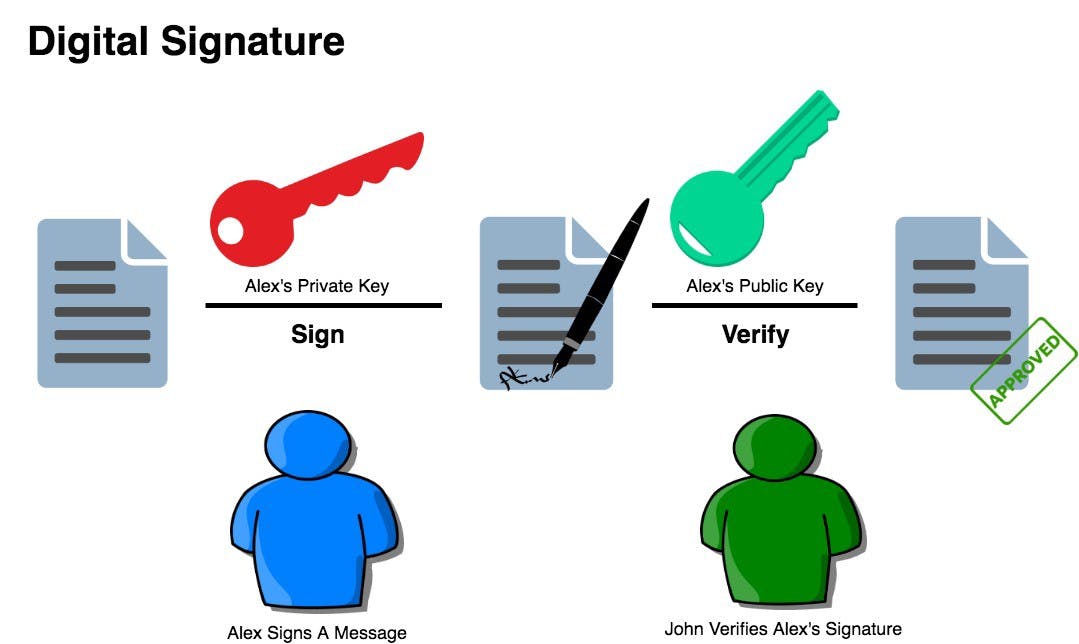 Difference between public and private keys. Source: Medium
Difference between public and private keys. Source: Medium
What are Types of Cryptocurrency Wallets?
Cryptocurrency wallets come in different types, each with unique benefits. For a beginner, your choice of a wallet may depend on some or all of the following things:
- Ease of use
- Security
- Convenience
- Multi-asset storage
Wallets work differently, which is something worth considering when weighing up different options. There are two main types of cryptocurrency wallets: hot wallets and cold wallets.
Hot wallets—the focus of this article—store your keys online and make it easier to access your cryptocurrencies. With a crypto hot wallet, you can quickly retrieve crypto from your hot wallet for various purposes—market trading, asset transfers, online shopping, etcet cetera.
Cold wallets safeguard your keys by storing them offline. These types of wallets use hardware devices that you can connect to your device whenever you need access to your coins.
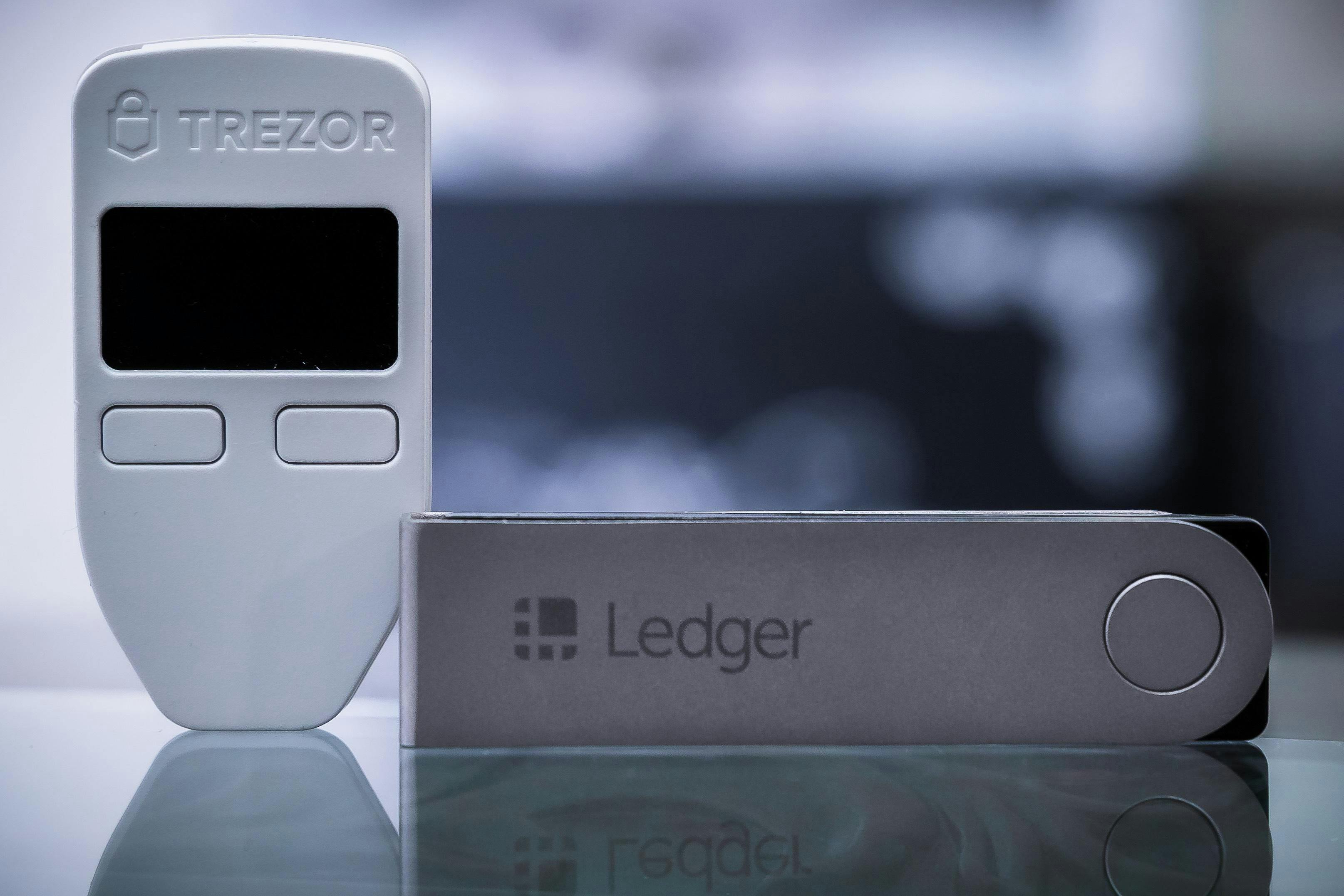 Examples of crypto cold wallets. Source: Forbes.com
Examples of crypto cold wallets. Source: Forbes.com
The upside to using cold wallets is that your keys are protected from hackers. A hot wallet has a greater risk of getting compromised, so there's always the danger of losing your crypto.
However, cold wallets aren't the easiest to use. You must retrieve the keys from offline storage before you can get to your crypto. Those interested in trading crypto in real-time may want a more convenient option, like a hot wallet.
Some exchanges provide users with a hot wallet, allowing them to track the value of their holdings in the market. With better liquidity, users can trade or invest in DeFi options like yield farms and lending protocols.
We'll consider different types of hot wallets in these articles including:
- Desktop wallets
These are software clients that you download and run on your computer. Desktop wallets like Electrum and Exodus hold multiple cryptocurrencies and work on Mac OS, Linux, and Windows.
- Web wallets
Unlike desktop wallets, web wallets don't require users to install a file before accessing the blockchain. Web wallets are always connected to the internet, and you can run them with popular browsers, such as Firefox, Chrome, Brave, and Safari.
- Mobile wallets
Mobile wallets are applications you can download on devices to manage your crypto. Mobile wallets have convenient features, like the ability to pay online by scanning QR codes.
Best Hot Crypto Wallets for Beginners
Getting a hot wallet is the easiest way to get started in crypto. Most exchanges automatically create a wallet for you when you sign up, but you can also download a trusted application to safeguard your stash.
But how do you choose a good wallet when there are dozens of popular products? We have reviewed the 10 best crypto hot wallets you should consider using:
Coinbase Wallet
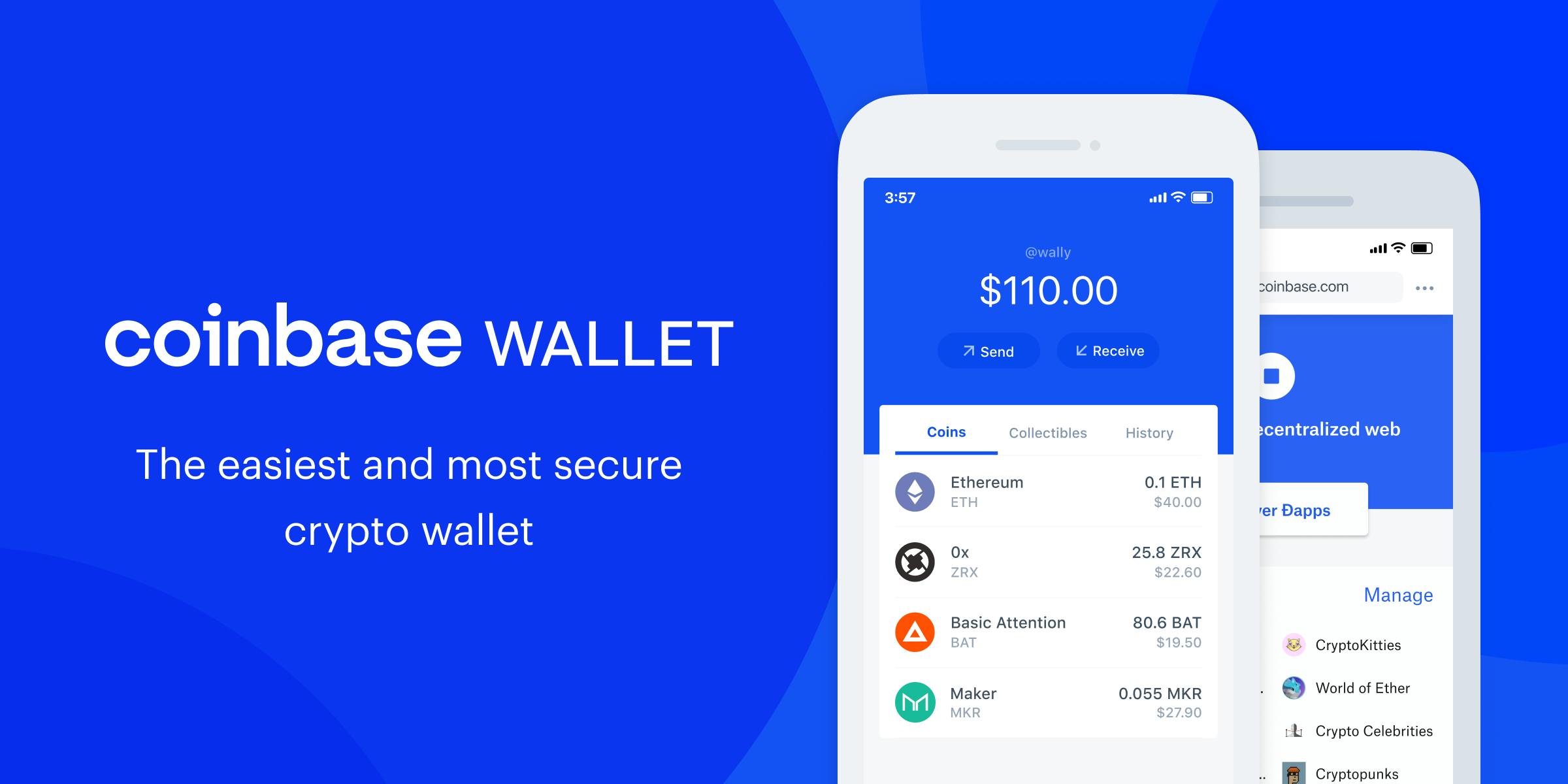 Source: Coinbase.com
Source: Coinbase.com
What is Coinbase Wallet?
Coinbase Wallet is a product from Coinbase.com, one of the biggest cryptocurrency exchanges in the world by market volume. This is a web wallet that you can create in minutes, making it one of the best crypto hot wallets for beginners.
You don't necessarily need a Coinbase account to use the Coinbase Wallet since the latter is a standalone product. However, connecting your account to the wallet unlocks more features, including access to Coinbase's platform for trading crypto.
Coinbase Wallet features
Coinbase Wallet supports over 4,000 ERC-20 tokens, so you can load up on every token from Avalanche ($AVAX) to PancakeSwap ($CAKE). It also supports multiple cryptocurrencies including, of course, Bitcoin and Ether.
Now that non-fungible tokens (NFTs) are trending, you may want to buy an NFT for yourself. Coinbase Wallet is useful for keeping all your NFTs in one place and securing them against theft.
Coinbase Wallet uses a self-custody mechanism, giving you complete control over your cryptocurrencies and other digital assets. A non-custodial wallet is a good option for crypto newbies who may be concerned about putting their keys in someone's care.
Coinbase Wallet generates a 12-word recovery phrase, giving you sole control over funds in your account. Since Coinbase cannot access the private key or seed phrase, it cannot move your crypto without your approval.
Crucially, Coinbase Wallet offers encrypted iCloud and Google Drive backup to prevent loss of recovery phrases. It's common for people to forget their recovery phrase and lose their crypto funds. This feature allows you to get wallet access even if you cannot remember the private key.
Binance Chain Wallet
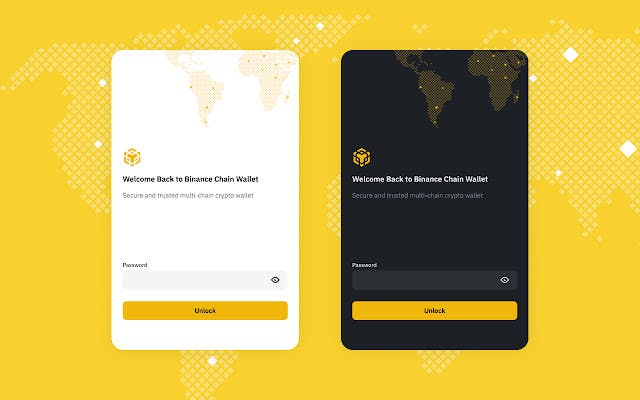 Source: Google Webstore
Source: Google Webstore
What is Binance Chain Wallet?
Binance Chain Wallet is a browser extension tool for interacting with the Binance Chain, Binance Smart Chain, and Ethereum. This application works on most popular browsers, including Firefox Mozilla, Brave, Safari.
With Binance Chain Wallet, sending and receiving Binance Coin (BNB), Ether (ETH), and other tokens is ridiculously easy. You can easily swap assets on the different Binance chains or even execute cross-chain transfers between BSC, Binance Chain, and Ethereum.
New users can download the extension directly from the Binance homepage. You only have to choose your preferred browser to use the wallet extension, and that's it.
How to set up Binance Chain Wallet?
Setting up the Binance Chain Wallet is easy, even for beginners. This guide from the Binance Academy does a good job of explaining the process of creating and using the Binance Chain Wallet.
At this stage of your crypto journey, security should be your topmost concern. Nothing hurts more than taking the bold leap to buy cryptocurrencies, only to lose everything to malicious actors. Binance Chain Wallet has good safety protection, making it an ideal choice.
Users can create two-factor (2FA) authentication to add an extra layer of security to their wallets. With 2FA protection, the chances of a hacker remotely accessing your wallet and draining funds are dramatically reduced.
Binance Chain automatically generates a seed phrase, useful for recovering access to your account if, say, you lost your device. There are other recovery options, such as logging in via Gmail or performing a password reset.
ZenGo
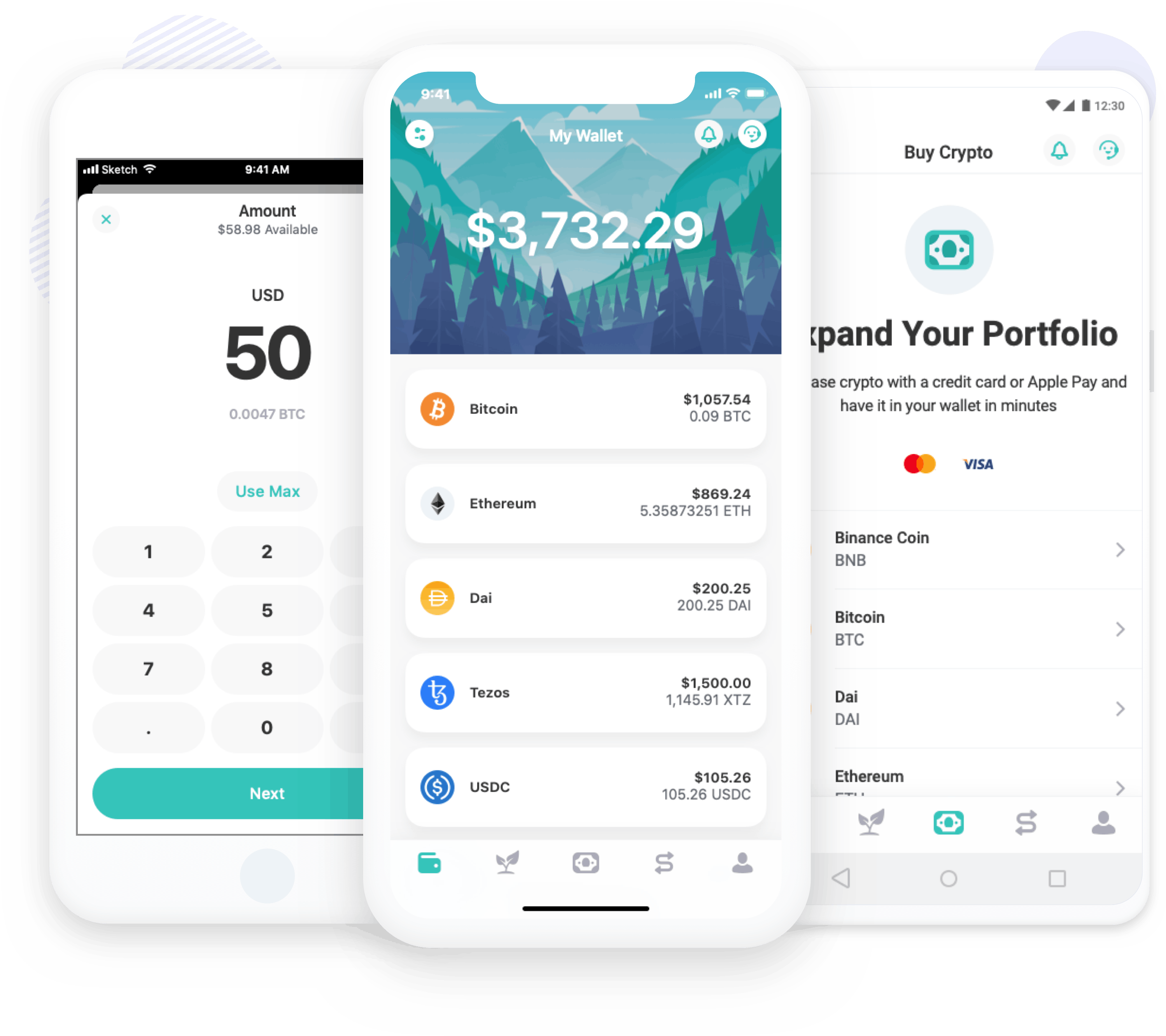 Source: ZenGo.com
Source: ZenGo.com
ZenGo is a cutting-edge mobile wallet that boasts innovative features, an easy-to-use interface, and top-tier security. The ZenGo wallet supports more than 70 cryptocurrencies, including Bitcoin (BTC), Dogecoin (DOGE), Ether (ETH), and many more.
ZenGo is among the best crypto hot wallets for security, as it doesn't use private keys or seed phrases. Users sign in using facial recognition technology, which is more convenient than typing in private keys or seed phrases.
Keyless access also prevents a single point of failure for your wallet. With no private keys or seed phrases that can be stolen, hackers cannot breach your crypto wallet. For crypto newbies looking for a secure wallet, ZenGo may just do the trick.
Did we mention that you can trade and lend crypto directly from your ZenGo wallet? Using the built-in trading feature on ZenGo is an excellent tool for putting your crypto to work for you. With up to 5 percent APY on funds, ZenGo provides a risk-free way for you to earn more on crypto holdings.
Given the lack of backup phrases on ZenGo, some may be concerned about retrieving their wallet. ZenGo uses a special "encrypted secret key share" mechanism, storing one key on your device and another on the company's server. So, a face scan is all you need to access your wallet if your device gets stolen or misplaced.
Trust Wallet
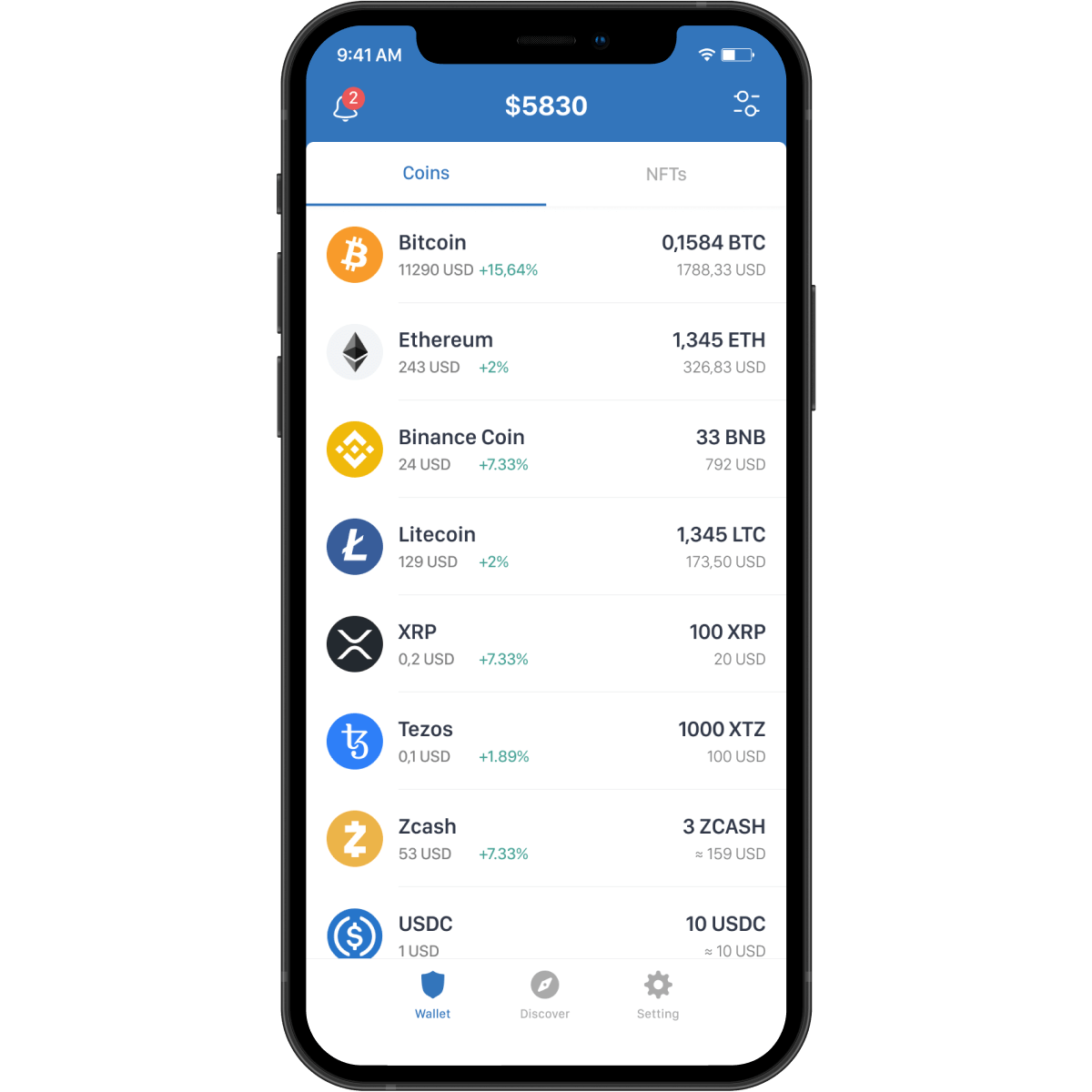 Source: Trustwallet.com
Source: Trustwallet.com
Trust Wallet is another beginner-friendly mobile crypto wallet you can use. Trusted by millions of users, Trust Wallet provides a secure place to keep, buy, and sell cryptocurrency.
Trust Wallet users can store different cryptocurrencies, such as Bitcoin (BTC), Litecoin (LTC), and Ripple (XRP). Fancy yourself a DeFi enthusiast? Trust Wallet allows you to buy tokens for popular golf DeFi platforms like CakeSwap (CAKE) and SushiSwap (SUSHI).
If you’re looking for a simple option to secure crypto, then Trust Wallet is arguably the best crypto hot wallet for your needs. You only need to install the app and follow the setup instructions to start receiving and sending crypto.
Trust Wallet is a non-custodial product, so you're exempt from cumbersome KYC processes. Plus, your information, including your key, remains in your custody, meaning better protection for your privacy and funds.
Trust Wallet has decent customer support, something new users will appreciate. You don't want to be stuck talking to a chatbot when you need quick solutions to a problem. Logging an issue with the support team is as simple as submitting a ticket and waiting for a response.
Blockchain Wallet
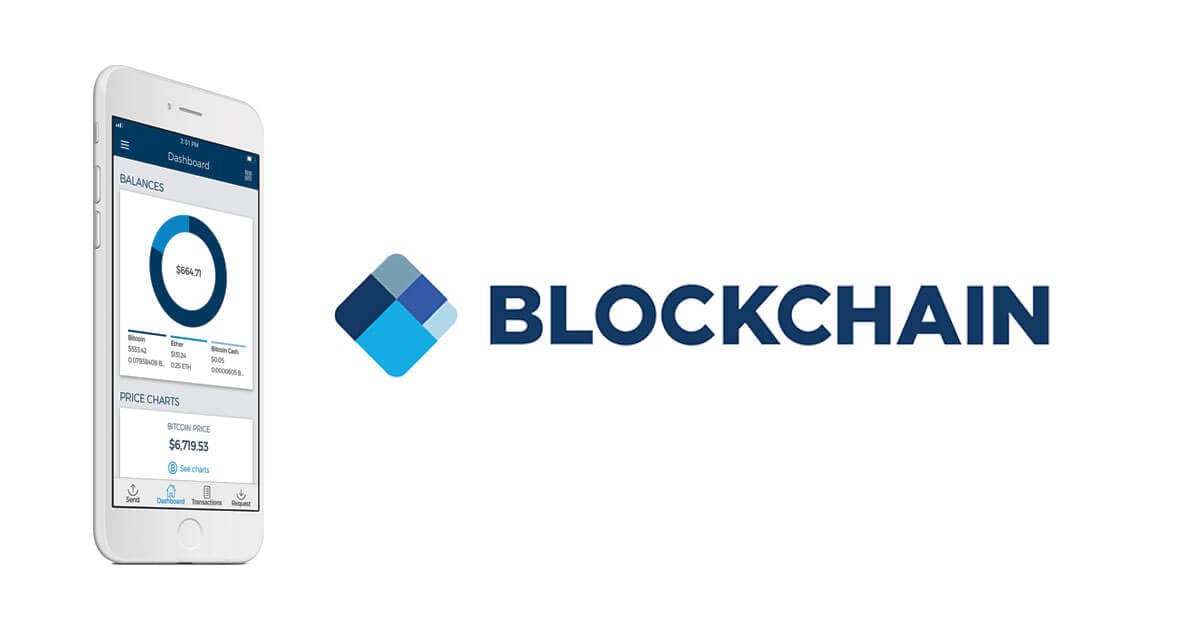 Source: Blockchain.com
Source: Blockchain.com
One of the oldest products on this list, Blockchain Wallet has helped many buy their first cryptocurrencies. If you want a reputable mobile wallet with industry-leading features, Blockchain Wallet is worth a shot.
The process for setting up a Blockchain Wallet is quite easy for anyone to grasp. You'll need to create an account, verify your identity, and add your preferred method for buying cryptocurrencies.
Blockchain Wallet has a suite of tools for newbie crypto traders. This includes a live price tracker and a secure means for swapping coins. You can also lock up some crypto in a Rewards account for the chance to earn up to 13 percent APY annually.
Like other models, Blockchain Wallet has a recovery feature to help users re-enter accounts in event of device loss or theft. This is in the form of a 12-word backup phrase, which we advise you to keep carefully.
Notably, Blockchain Wallet offers 2FA authentication to bolster wallet security. 2FA-enabled accounts require a password and one-time passcode (OTP) generated through SMS, Google Authenticator, or Yubikey.
Guarda
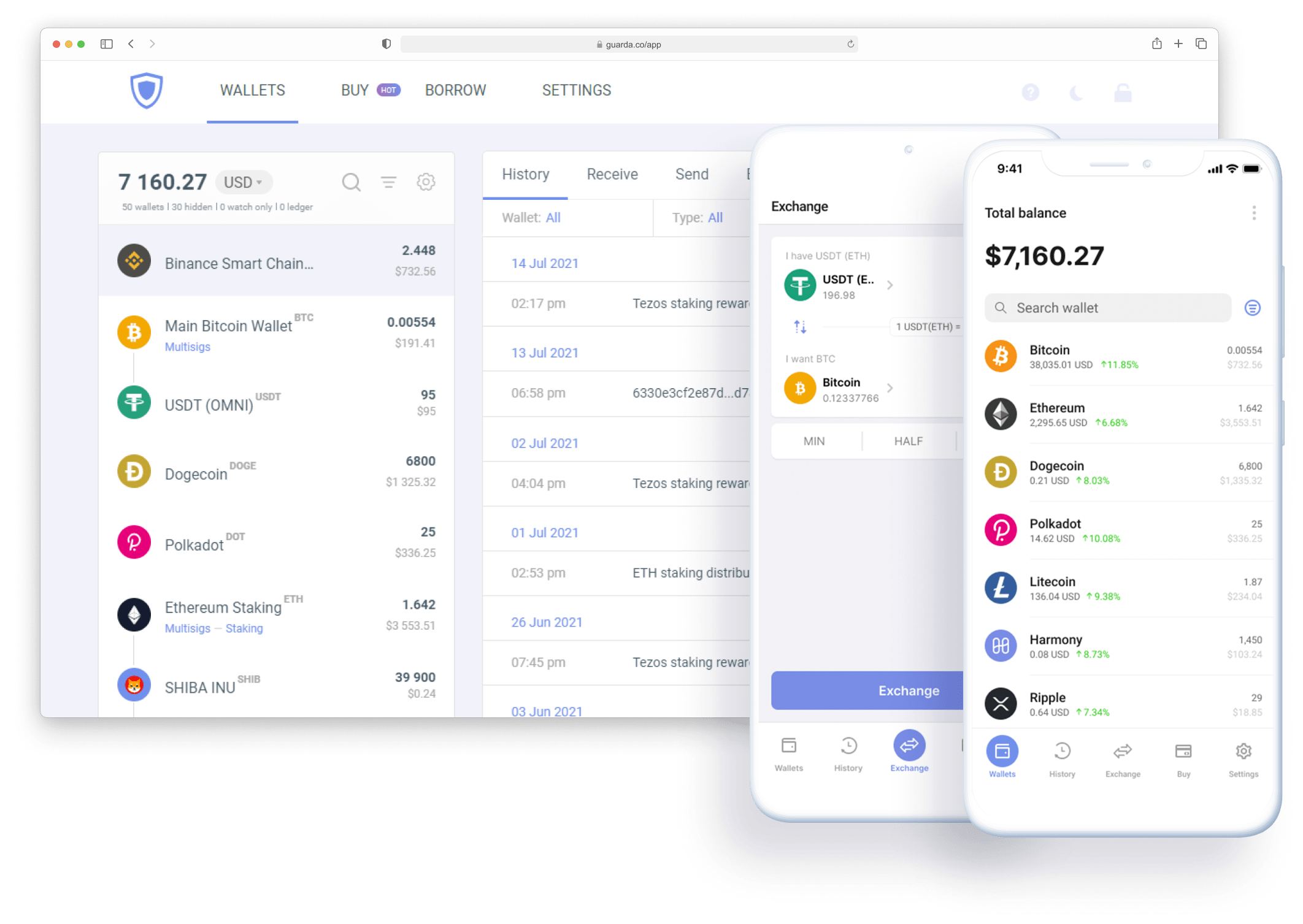 Source: Guarda.com
Source: Guarda.com
Guarda is the Swiss Army knife of cryptocurrency wallets, offering web, desktop, mobile, and browser extension versions. Guarda bills itself as "the only wallet you'll ever need," and we like to think this is true, considering the multiple features it offers.
The Guarda mobile wallet works on iOS and Android devices, with support for 50+ blockchains and thousands of cryptocurrencies. You can also buy, store, exchange, and stake crypto without leaving the application.
The desktop version is an excellent option for those who want better security and strict control of funds. The web wallet and browser extension are nice-to-haves. Particularly, the extension works well if you want to pay for things online without typing in your private keys repeatedly.
Guarda users can apply multi-signature protection to further secure their wallets. A multi-signature or multisig wallet requires a combination of keys (2-of-3, 2-of-2, etc.) to authenticate wallet transactions.
Multisig protection is like insurance for cryptocurrency wallets. Even if someone stole one of your private keys, they cannot move funds in your wallet without getting the other keys. You can store keys on separate devices, so your wallet remains safe even if one of your devices is compromised.
Exodus
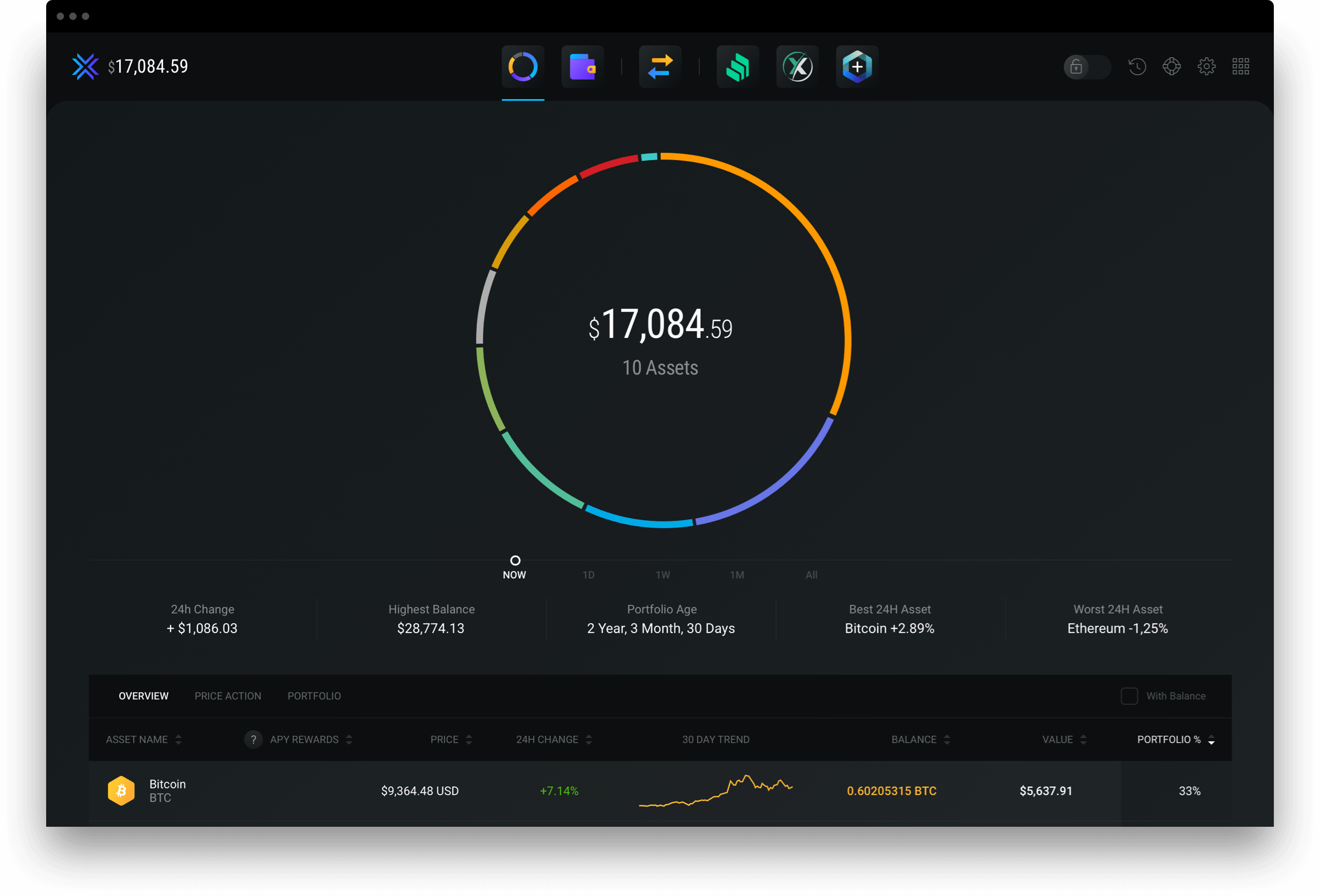 Source: Exodus.com
Source: Exodus.com
Exodus is a hot wallet software product that's also compatible with hardware wallets like Trezor. Most reviews from industry-leading publications, including 99Bitcoins and Investopedia, praise the wallet's security, intuitive interface, and ease of use.
Exodus is available as a mobile or desktop application. And it's got a native decentralized exchange (DEX) platform for trading 150+ cryptocurrencies. If you fancy some DeFi action, Exodus allows you to stake Algorand ($ALGO), Cosmos ($COSMOS), and other popular tokens.
Being a non-custodial wallet, Exodus doesn't hold your data on its platform. Now, you can sleep better at night, knowing hackers cannot pilfer your keys or identity data from a centralized server.
Through a partnership with leading hardware wallet company Trezor, users can access crypto kept in cold storage. On its own, a cold wallet may be difficult to use, especially if you need to exchange or trade frequently. Pairing it with a crypto hot wallet solves the problem while keeping your money safe.
Atomic Wallet
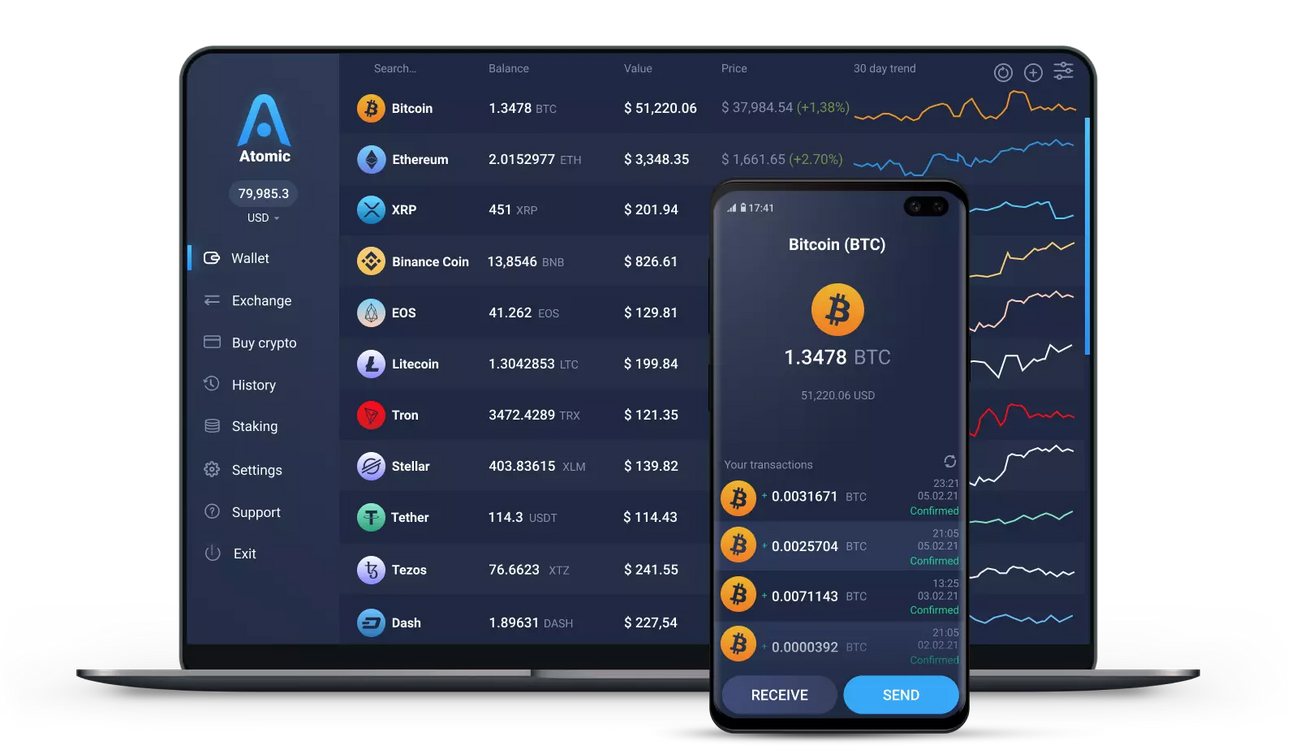 Source: Atomicwallet.io
Source: Atomicwallet.io
Atomic Wallet is one of the easiest desktop wallet software on the market. With no KYC requirement or complex account setup needed, Atomic Wallet is a sensible option for any beginner.
When you get started in crypto, you can HODL and wait for the value of your funds to grow. Or, you can actively grow your money through trading, exchanging, and staking. Whatever option you choose, Atomic Wallet has all the tools you need to get started.
Atomic wallet supports Atomic Swaps, a new technology for swapping some cryptocurrencies without using a third-party service (like an exchange). You can exchange other cryptocurrencies with built-in services from popular exchanges like ShapeShift and Changelly.
New cryptocurrency users may need help with using a cryptocurrency wallet, but not all wallet providers provide customer support. Atomic Wallet promises 24/7 live support, which is a big plus.
Mycelium
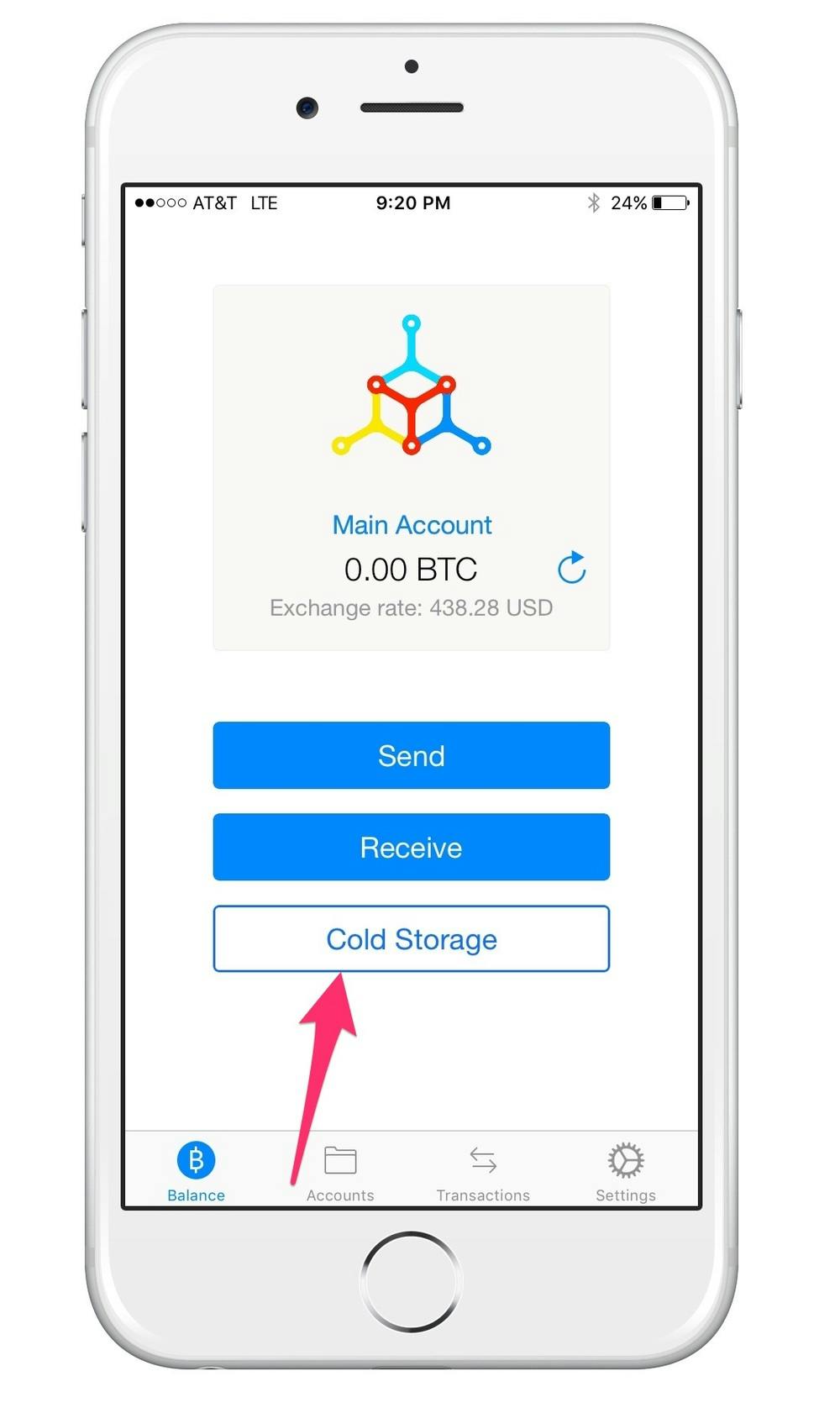 Source: XBTeller.com
Source: XBTeller.com
For years, buying Bitcoin (BTC) has been a rite of initiation into the cryptocurrency community. If you wish to start your crypto investment journey with a BTC purchase, a Bitcoin-only wallet like Mycelium is what you need.
Mycelium is an open-source, reproducible wallet, meaning anyone can duplicate its source code and check for vulnerabilities. WalletScrutiny estimates that many crypto wallets are non-reproducible, putting Mycelium in a league of its own.
Mycelium has another rare quality: compatibility with hardware wallets. With Mycelium, you can check crypto funds stored in Trezor, Ledger, and other cold-storage devices.
Privacy enthusiasts will love Mycelium for its anonymity features. The application won't ask for any identification, nor does it have any data collection procedures. You can even use the TOR network to mask your IP address and location.
With Mycelium's self-custody option, users have total control over wallet funds. If you want to earn returns on your holdings, you can use the in-app exchange to trade and exchange Bitcoin, Ether, and other altcoins.
MetaMask
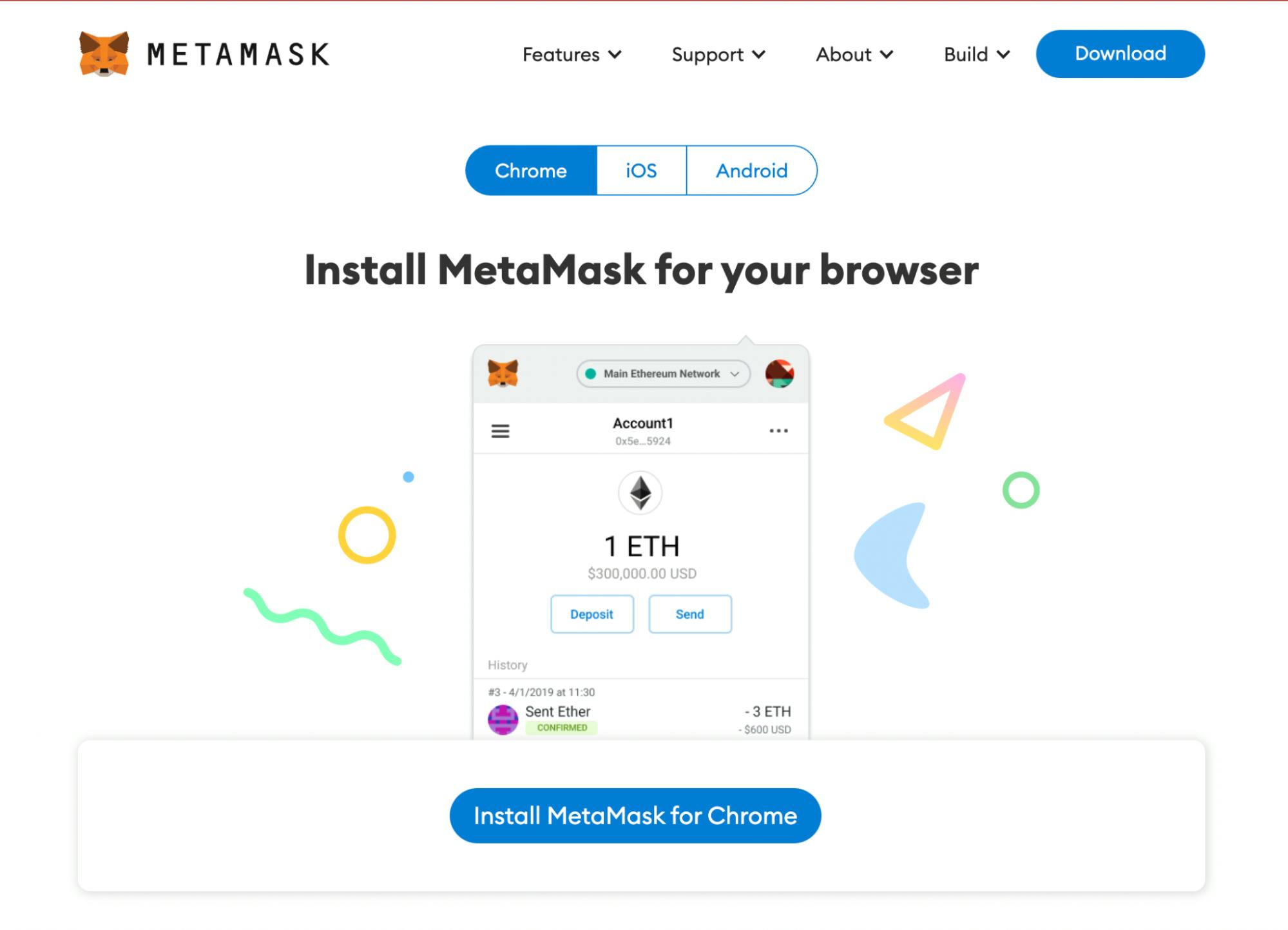 Source: Coindesk.com
Source: Coindesk.com
Built by Ethereum solutions company ConsenSys, MetaMask is a digital wallet for storing Ether and other ERC-20 tokens. You can also interact with the Ethereum blockchain, Binance Smart Chain, and other testnets using the MetaMask browser extension.
While MetaMask is useful for securing tokens, its main appeal comes from the access it provides to decentralized applications (DApps). With MetaMask, you can use decentralized exchanges (DEXs), play play-to-earn (P2E) games, and participate in DeFi lending and staking.
If you want to immerse yourself into the amazing world of decentralized internet technologies, a MetaMask wallet is the best hot crypto wallet available. Navigating DApps is easier and safer since you can authenticate currency transfers without having to provide your private keys.
Like every decent wallet, MetaMask has a 12-word seed phrase to help you recover your account. It is advisable to write the seed phrase on a piece of paper or store it in a device like a thumb drive.
What is the Best Hot Crypto Wallet For You?
Choosing a crypto hot wallet requires a deep understanding of your needs as a user. Rarely will you find a hot wallet that caters to every need, so this is an important step.
For example, some users desire a higher level of privacy and anonymity. In which case they may prefer a hot wallet that doesn't require KYC or verification processes.
Some wallets may allow you to store different assets, including cryptocurrencies, tokens, and NFTs. These types are worth using if you have a diverse digital asset portfolio.
Ease of use is another important consideration for anyone just getting into crypto. Ideally, the application should be easy to navigate, whether it's a web app, mobile application, or browser extension.
Finally, security should always be paramount when picking a wallet. Custodial wallets are generally considered risky because company servers can always be hacked. A non-custodial wallet is safer but will require you to implement security measures, like safeguarding your seed phrase.
Crypto Hot Wallets FAQs
Should I use a custodial or non-custodial hot wallet?
Custodial wallets have access to your keys and can retrieve them for you. Non-custodial wallets don't hold your keys, making retrieval impossible.
The downside to custodial wallets is anyone can find your keys by hacking the server. Non-custodial wallets provide better safety, but you must make sure to secure your seed phrase and private key—lest you lose access to your wallet.
Here's an in-depth comparison of custodial and non-custodial wallets.
Is a hot wallet secure?
The best hot crypto wallets use various techniques, including multisig mechanisms, 2FA authentication, and PIN codes to improve security. However, there's always the risk of someone breaching your device or the app itself. Consider getting a cold wallet if you hold large amounts of crypto.
How do I secure my hot wallet?
You can secure your hot wallet by enabling two-factor authentication on your device. Other security measures for hot wallets include the creation of multisig access and the safekeeping of backup phrases.*

